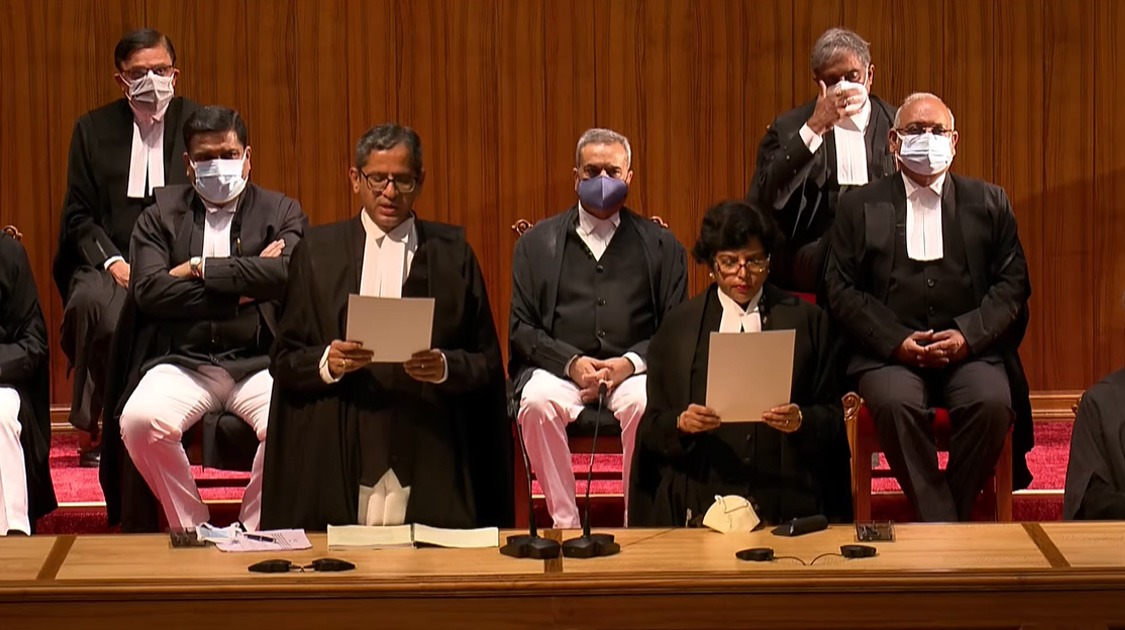
The judiciary, a cornerstone of our society, often faces criticism from those unfamiliar with the intricate workings behind the scenes. It's not uncommon to hear litigants and other non-law professionals voice frustrations, suggesting that judges work limited hours, arrive late, leave early, or even take frequent days off. As someone who holds the legal profession close to my heart, these misconceptions feel particularly personal. To shed light on the realities, it's essential to understand the multifaceted roles and responsibilities that judges undertake, far beyond their visible presence in the courtroom.

Firstly, it’s important to understand that a judge’s day does not begin and end with court sessions. Court hours are just the tip of the iceberg. Judges spend significant time in meetings and in-chamber matters, where they discuss ongoing cases, consider legal arguments, and deliberate on complex issues. These discussions are crucial for ensuring that every decision is well-considered and just.
In addition to these responsibilities, judges dedicate substantial time to researching and understanding the nuances of the law. Each case presents unique challenges and requires careful application of legal principles. This preparation is crucial for delivering fair and informed judgments. The process of dictating judgments, revising them, and ensuring their accuracy demands meticulous attention to detail and legal expertise.
Judges are also committed to professional development and staying abreast of legal advancements. They attend conferences, seminars, and training sessions, which are essential for maintaining the high standards of the judiciary and adapting to new legal challenges. These commitments often extend beyond regular working hours.

Moreover, judges, like all professionals, have personal lives. Balancing the demanding nature of their profession with family responsibilities and social obligations is no small feat. Despite the heavy workload, they strive to maintain a healthy work-life balance, which is vital for their well-being and their ability to perform their duties effectively.
The judiciary's workload and the dedication of judges are often underestimated because much of their labor is conducted behind the scenes. The next time someone critiques the judiciary based on misconceptions, it’s worth considering the extensive, often unseen, efforts that judges invest to uphold justice and the rule of law.
Understanding these aspects fosters greater appreciation and respect for the judiciary, recognizing that the work of a judge is both demanding and indispensable to the fabric of our society.

Sonam Pandey
“Be who you are and say what you feel, because those who mind don't matter, and those who matter don't mind.” ― Bernard M. Baruch






